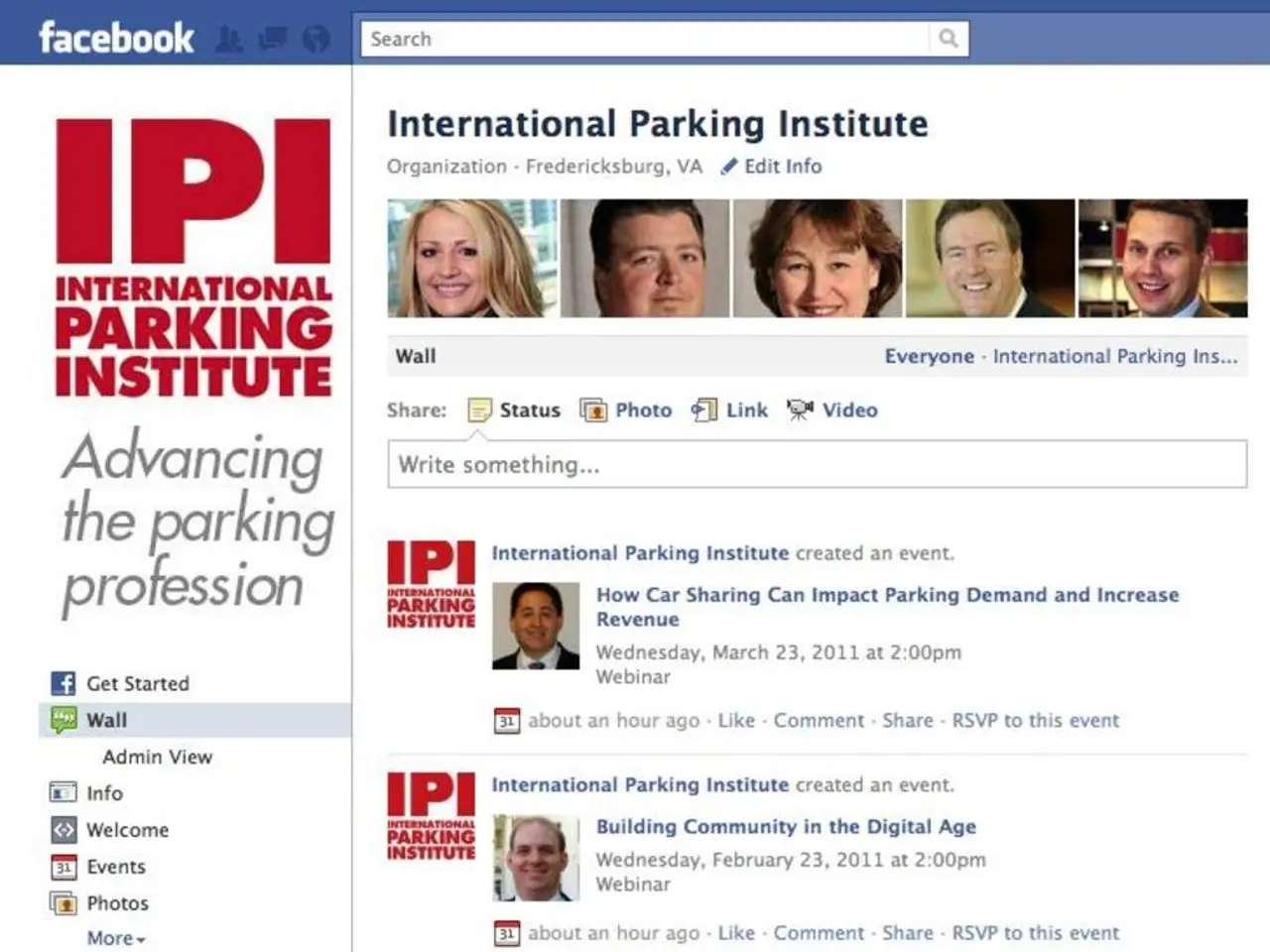Campus Struggles with Unhealthy Internet Habits: Problematic Internet Usage (PIU) Emerges as a Concern
In a recent study conducted at the University of North Carolina (UNC) Chapel Hill, researchers examined the impact of Problematic Internet Use (PIU) on undergraduate and graduate students. The study, co-authored by Dr. Susan M. Snyder, Jennifer E. O'Brien, Wen Li, and Matthew O. Howard, is the first to delve into how PIU affects family relationships among U.S. university students.
The study found that a significant number of participants were spending more than 25 hours a week on the Internet and experiencing problems due to PIU. Half of the participants were considered Internet addicts, answering "yes" to five or more of eight questions, while another 40.7% were considered potential Internet addicts, answering "yes" to three or four items.
One concerning finding was the negative impact of PIU on family relationships. Participants spent more time discussing the negative consequences of Internet use, causing family relationships to disconnect or become conflicted. In some cases, excessive Internet use even led to impaired physical health, such as one participant's cousin whose Internet gaming has impaired his vision.
The study also revealed that many participants described their parents as "constantly checking email" for work or regularly on computers, phones, or iPads on social media or browsing. This overuse of devices was a source of frustration for some participants, who expressed a lack of boundaries or rules for younger siblings or other relatives who overused devices.
The development of PIU is influenced by multiple factors, including genetic predisposition, environmental stressors, and coexisting mental health disorders. Treatment approaches for PIU often mirror those for behavioral addictions, including cognitive-behavioral therapy, dialectical behavior therapy, psychotherapy, and lifestyle interventions aimed at improving coping strategies and reducing compulsive behaviors.
However, the study also suggests that PIU affects family relationships and those who suffer adverse consequences may have difficulty addressing their PIU due to requirements to use the Internet for classes and assignments. The conclusions further highlight the need for further research into the complex interplay between PIU and family relationships, as well as the development of effective strategies to address PIU in the university setting.
Interestingly, the study also found that some participants' Internet use resembled that of family members, such as Sarah whose Internet use resembled her mother's. In contrast, Cindy's family, who are from another country, were found to have lower levels of Internet use.
The study also sheds light on the growing concern of PIU among younger generations, with small children getting addicted to their devices as well. The study further emphasizes the need for education and awareness about the potential risks associated with excessive Internet use and the importance of maintaining a healthy balance in our digital lives.






